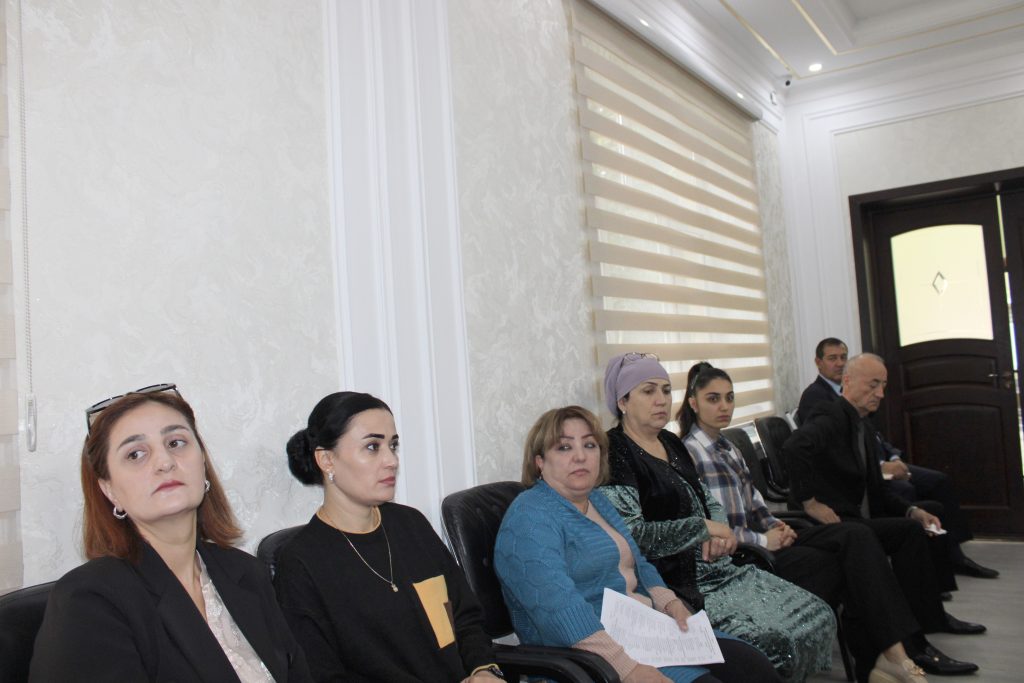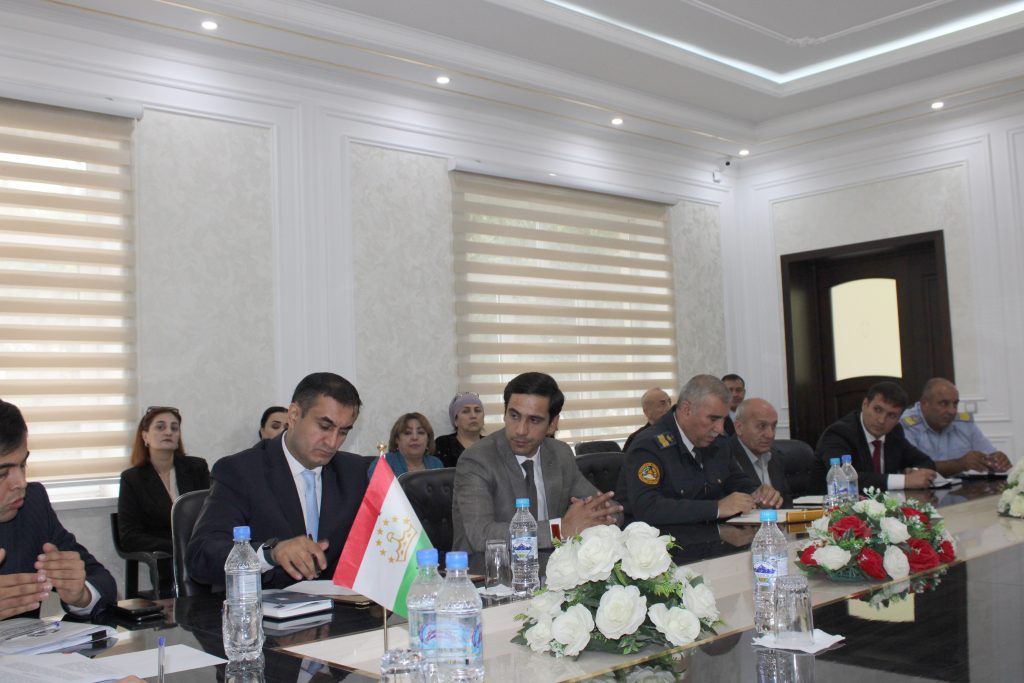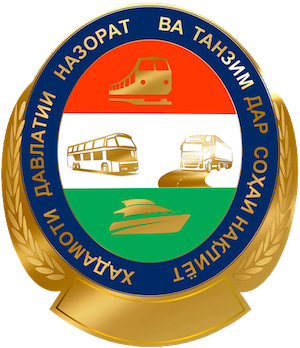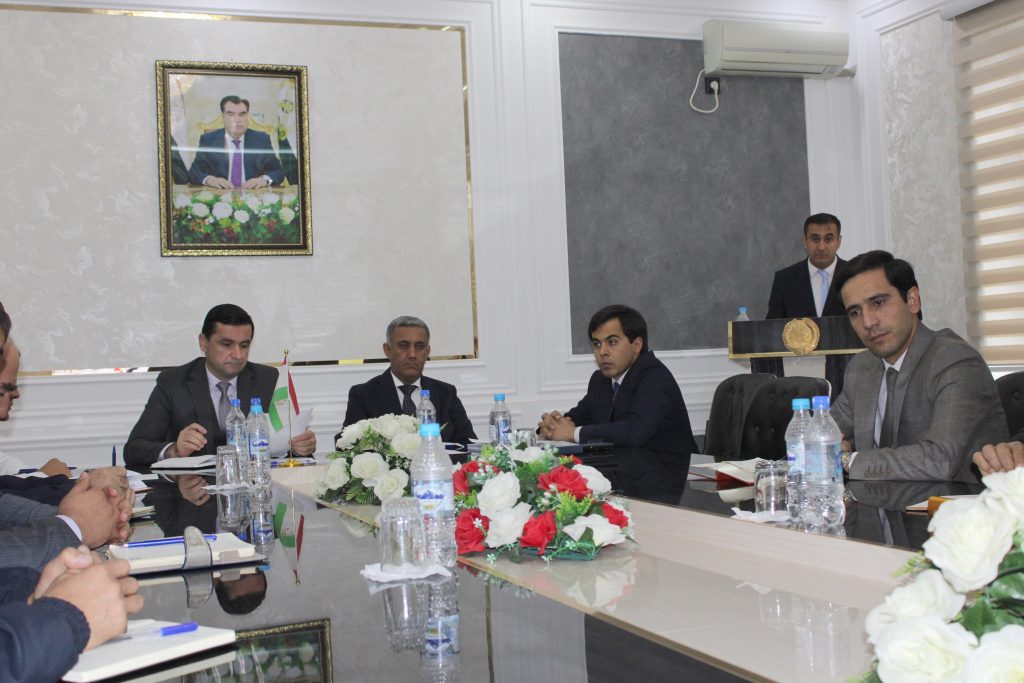On October 16, 2024, at a meeting of The State Service on Control and Regulation in the Field of Transport with the participation of employees of the central office and structural divisions of the service, as well as Shamsiddinzod Nasim Shamsiddin and Sayfidinzod Nuriddin Sayfiddin – senior inspectors of the Anti-Corruption Department of the Agency for State Financial Control and Anti-Corruption of the Republic of Tajikistan for propaganda and explanatory work on the topic of anti-corruption and mandatory mass anti-corruption propaganda, as part of the announcement of 2024 as the “Year of Legal Education” under the title “Anti-corruption factor of progress and stability of society”, in accordance with the Law of the Republic of Tajikistan “On Combating Corruption” dated August 7, 2020, No. 1714 Decree of the President of the Republic of Tajikistan dated August 3, 2021, The meeting was held under No. 222 “State anti-corruption Strategy in the Republic of Tajikistan for the period up to 2030” and Decree of the President of the Republic of Tajikistan dated June 22, 2023 No. 586 “on measures to expand non-cash payments”.
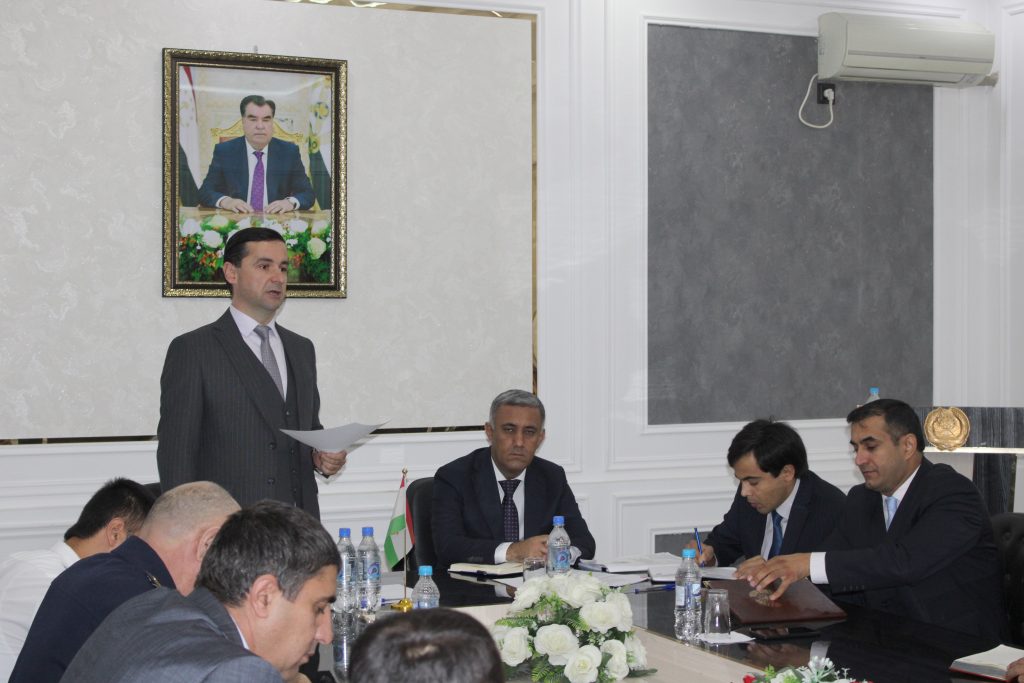
During the meeting, it was noted that nowadays, along with the existing risks for the sustainable socio-economic development of society, corruption is also considered as one of the most dangerous and destructive phenomena for society. The presence and development of corruption factors in society ultimately leads to a peak in social inequality and threatens national security.
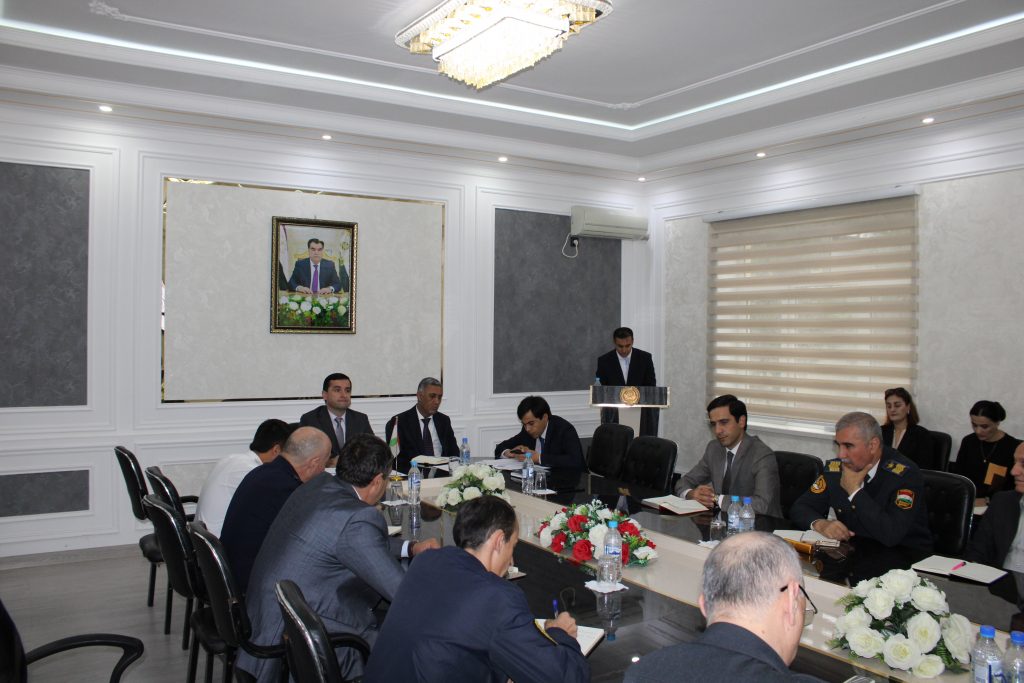
Since gaining the state independence of the Republic of Tajikistan, the issue of combating corruption has been at the center of the wise policy of the Founder of Peace and national unity, the Leader of the Nation, the President of the Republic of Tajikistan, the respected Emomali Rahmon. Thus, the Leader of the Nation stressed in his Message: “it is necessary to take measures to prevent acts of corruption, create an irreconcilable atmosphere for them and involve all state bodies, the media and civil society institutions in this process as subjects of the fight against corruption.”
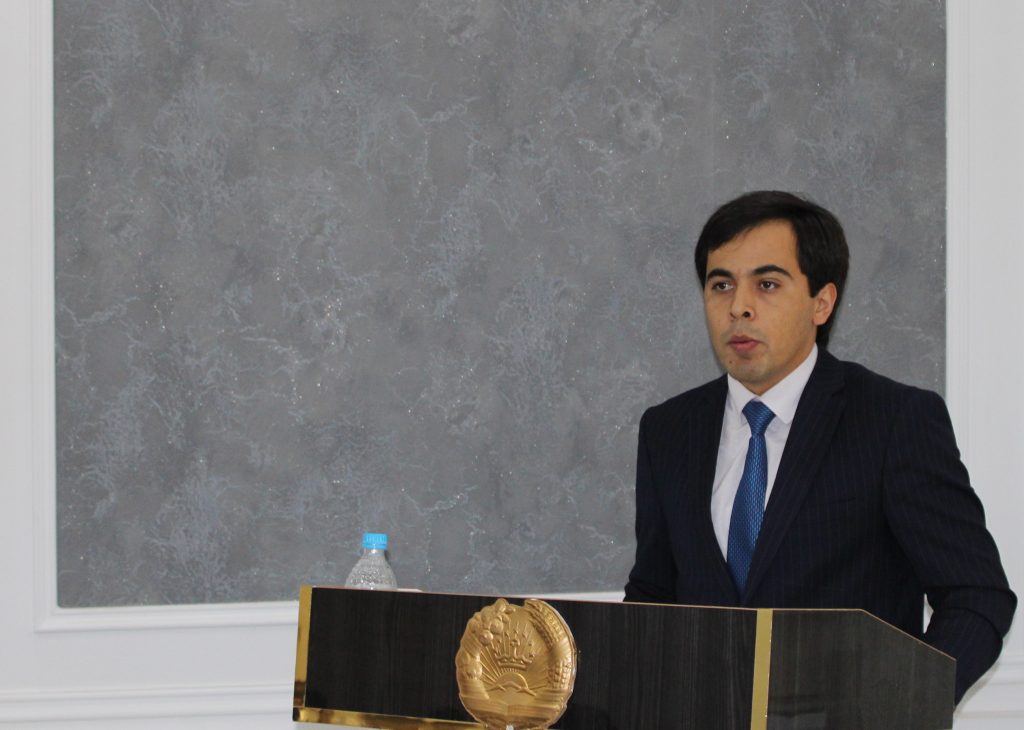
Our country has created appropriate legal and structural foundations to prevent and eliminate corruption factors and expand cooperation between the State and civil society. Currently, a number of government strategies and programs are being implemented aimed directly at eliminating the factors that provoke corruption in society, and along with the systematization of other social issues that affect the reduction of corruption in society. Since the ratification of the United Nations Convention against Corruption on September 25, 2006, Tajikistan has adopted more than 20 normative legal acts establishing the organizational and legal foundations of various areas of anti-corruption.
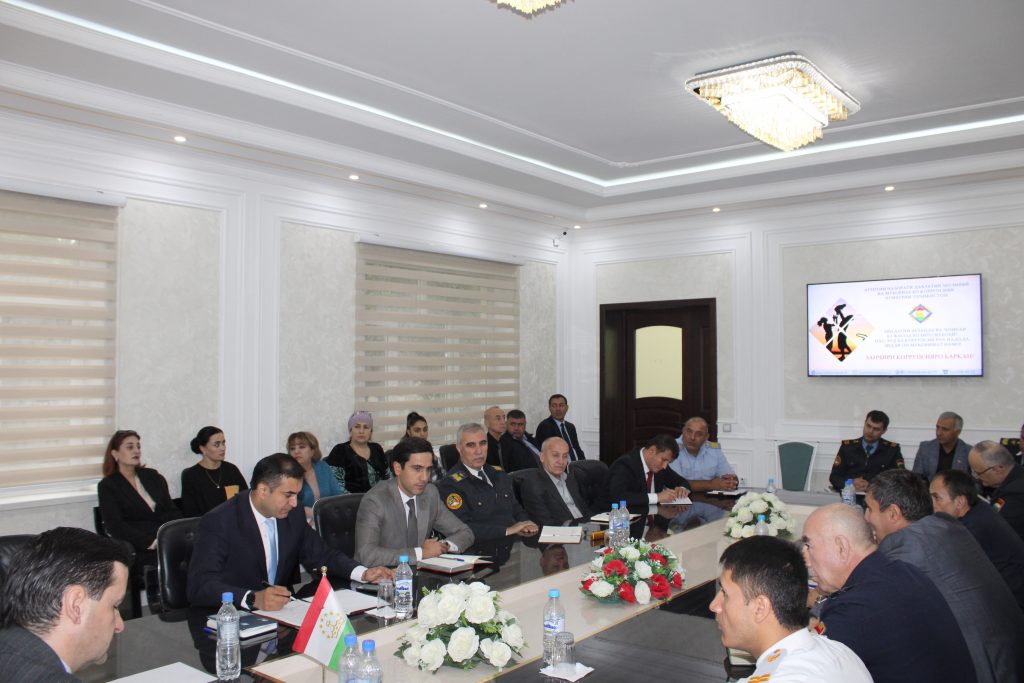
The main normative legal act in this direction is the Law of the Republic of Tajikistan “On Combating Corruption” dated August 7, 2020 No. 1714, which defines the legal and organizational foundations for combating corruption and is aimed at protecting human and civil rights and freedoms, the interests of the state and society, ensuring national security, the normal activities of state bodies and impartiality in the state the service.
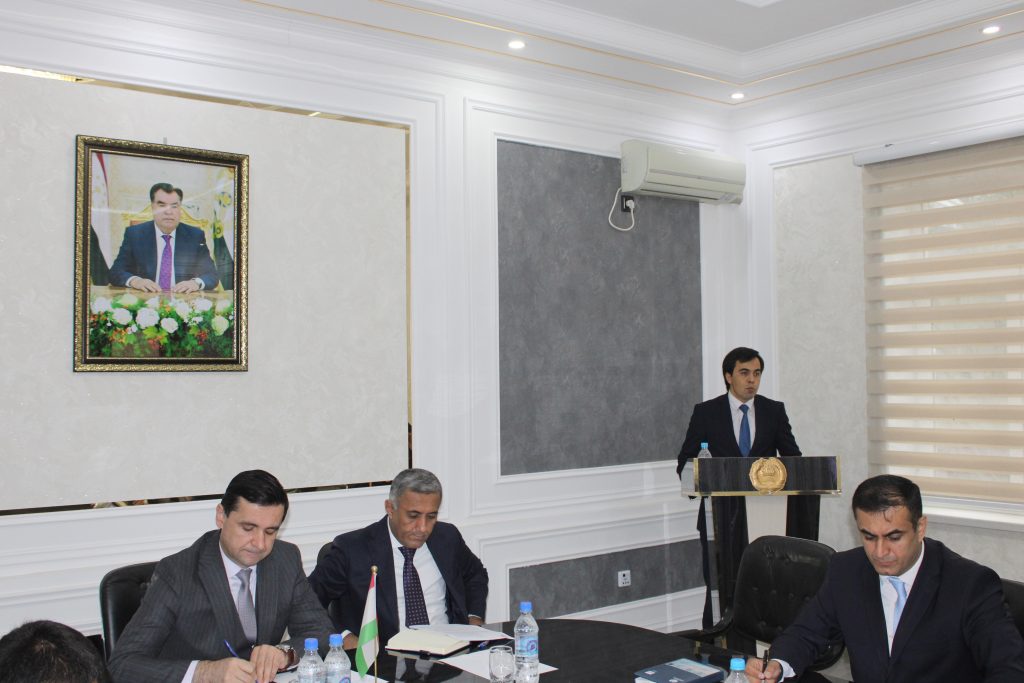
In addition, in order to create an atmosphere of intolerance to corruption, on the basis of the Decree of the President of the Republic of Tajikistan dated August 3, 2021 No. 222 “the State strategy for combating corruption in the Republic of Tajikistan for the period up to 2030″ was developed and adopted. The purpose and main objective of the implementation of this strategy is to increase anti-corruption education of the population and create an atmosphere of intolerance to corruption, eliminate the causes and conditions conducive to corruption, and generally reduce the intensity of corruption in the Republic of Tajikistan, aimed at developing democratic values and improving the well-being of the people.
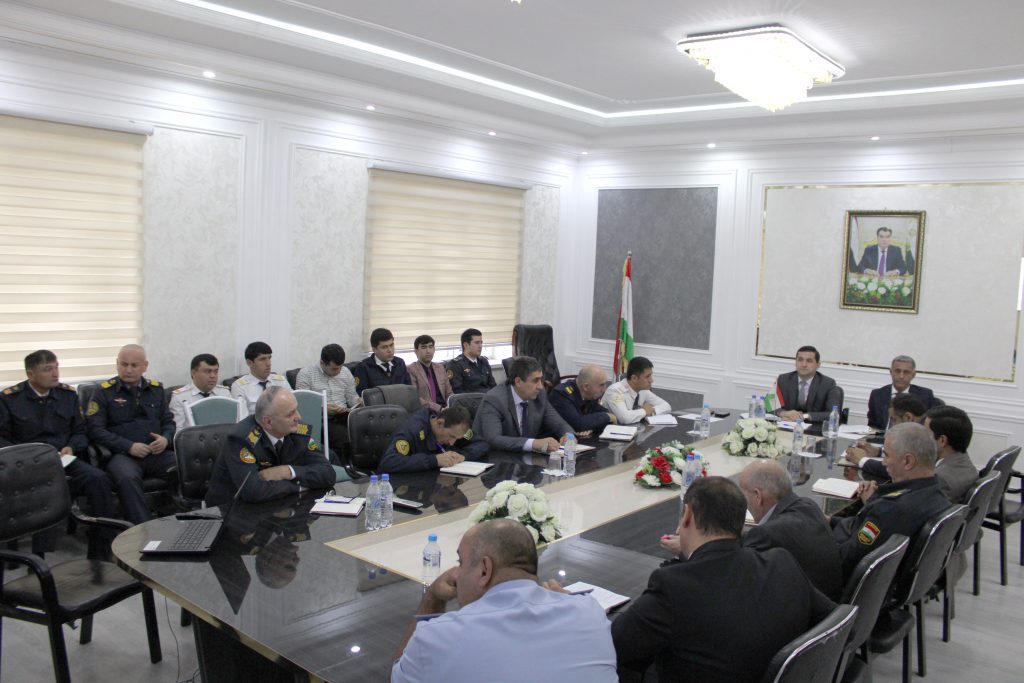
In conclusion, it was emphasized that anti-corruption is a collective and common work in which government agencies, in cooperation with civil society and with the participation of every person in society, can achieve the desired results and reduce the growth of corruption.
